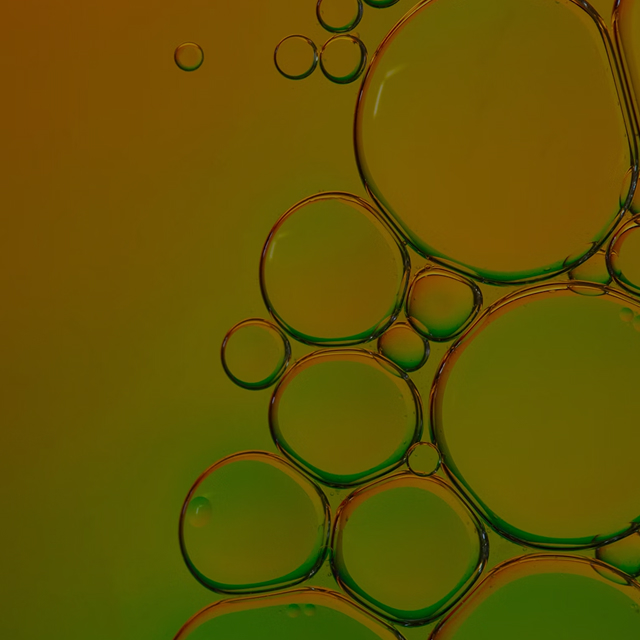
- Full value chain: from plastic waste to r-Polymer or monomer
- Mechanical and chemical solutions for PE, PP, PMMA, PS, and more
- Circular feedstock for rigid packaging, electronics, and automotive
- Modular design, scalable from 10 to 100+ kt/y
- Complementary to NX Circular™ for end-of-life fractions
Plastic is essential to our modern economy from packaging and automotive to consumer goods and construction. Yet, only 9% of plastic is recycled globally. As demand continues to rise across key sectors, industries are under increasing pressure to shift from virgin polymers to circular and traceable alternatives.
Regulatory frameworks such as the EU Packaging and Packaging Waste Regulation (PPWR) and evolving customer expectations are accelerating the need for scalable, high-quality recycling technologies. However, achieving true circularity in polymers remains both technically and economically challenging.
Why Traditional Recycling Technologies Fall Short?
Mechanical recycling struggles with feedstock heterogeneity, inconsistent product quality, and limited control over color and material properties. On the other hand, chemical recycling often requires high energy input and may deliver low-yield outputs, with technologies that are not yet fully market-ready.
To overcome these limitations, Nextchem offers advanced solutions such as NX Replast™ and NX Re Suite™. These proprietary technologies enable the transformation of mixed plastic waste into high-performance recycled polymers or virgin-like monomers, supporting industrial applications with modular, scalable, and energy-efficient systems.
How Can We Improve The Eco-Compatibility Of The Polymers?
Legislation and mandates are playing a crucial role in addressing the plastic emergency and promoting the use of biodegradable plastics. Some important plastic applications, such as agricultural films or plastic-coated papers or finishing nets, as well as all Single Use Plastics (SUPs), constitute hard-to-recycle materials and are more and more subject of attention by governmental authorities as areas for mandatory application of biodegradable plastics.
To achieve the goal of replacing conventional plastics in hard-to-recycle applications with biodegradable alternatives, Nextchem offers an advanced solution known as the 'Duetto Technology'. This proprietary technology provides cost-effective solutions for production of the monomers needed for the production of PBS, a biodegradable plastic with great versitile properties.
On the other hand, NextChem is actively engaged in enhancing the sustainability of traditional polymer processing technologies, providing advanced solutions for the environmentally responsible production of Butyl and Halo-Butyl Rubbers, PTMEG (Polytetramethylene Ether Glycol) and PVP (Polyvinyl Pyrrolidone)
Nextchem Technologies for Polymerst
At NEXTCHEM, we offer a complete polymer circularity portfolio, from mechanical upgrading of plastic waste to advanced chemical depolymerization routes. Our solutions are modular and scalable and designed to meet the real-world demands of both converters and brand owners.
We address the complete polymer value chain, from waste to monomer or recycled polymer, supporting clients in selecting the best route depending on polymer type, product specs, infrastructure, and certification requirements.

Mechanical recycling of post-consumer PE and PP into high-quality r-Polymers. Includes sorting, extrusion, deodorization, and compounding.

Chemical depolymerization of PMMA, PS, and PO into virgin-grade monomers. Enables high-purity circular feedstock for premium applications.

Integrated solution for converting Gamma-Butyrolactone (GBL) into PVP, through the production of 2-Pyrrolidone and n-Vinil Pyrrolidone reacting with ammonia and acetylene.

Innovative solution for converting isobutylene into high-molecular polyisobutylene (HM-PIB) or butyl and halo-butyl rubbers (IIR/HIIR), through copolymerization with isoprene.

Integrated solution for converting 1,4-Butanediol (BDO) or directly Tetrahydrofuran (THF), derived from bio-based or fossil sources, into PTMEG with customizable properties tailored for spandex, polyurethane and other premium applications.

Simultaneous production of both monomers needed for PBS manufacturing, starting from maleic anhydride or from bio-based alternatives like succinic acid.
Nextchem offers:
- License, feasibility studies (FS)
- Process design package (PDP)
- Basic engineering design package (BEDP)
- Front-end engineering design (FEED)
- Digital & post-PDP services such as: Digital Process Monitoring (DPM) and Operator Training Simulator (OTS)



